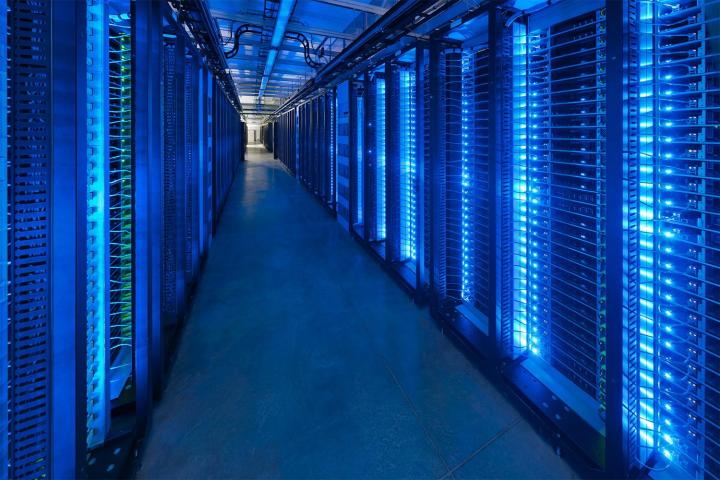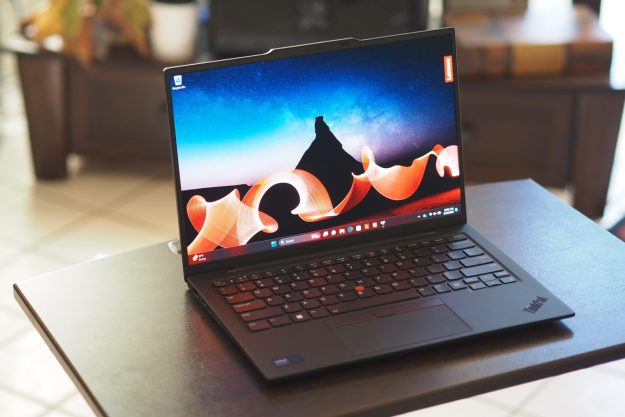
Locating the Azure data centers in the U.K. will also speed up services for U.K. and European clients, said CEO Satya Nadella at the announcement in London today. Microsoft already counts British supermarket giant Tesco and retailer Marks & Spencer among its client base.
One data center will be opened near London in 2016 while the other location has yet to be determined. Elsewhere, the company recently completed expansions on its data centers in Ireland and the Netherlands.
Microsoft is one of the companies affected by the recent striking down of Safe Harbor, which has brought the integrity and protection of European data by U.S. firms under scrutiny. One of the remedies tabled by many is for tech giants to store more data within European borders.
“Having these two local Azure regions means we can say this data will never leave the UK, and will be governed by all of the local regulations and laws,” Scott Guthrie, executive vice president of Microsoft Cloud and Enterprise, told BBC News. This, he added, was especially important for handling data like that from defense forces or healthcare.
Microsoft legal chief Brad Smith, in the aftermath of the Safe Harbor’s dismantling, stated that U.S. firms should be compliant with European laws.
Amazon has also eyed the U.K. for more data centers. Last week it announced that it was opening a new AWS data center in the country as well to service clients like the BBC and the U.K.’s national railway service.
The announcements fit into a growing trend of tech giants building data centers outside of the U.S. During the summer, Microsoft announced two new data centers in Canada while Facebook, Amazon, and Apple are all planning on building new facilities in Ireland.


